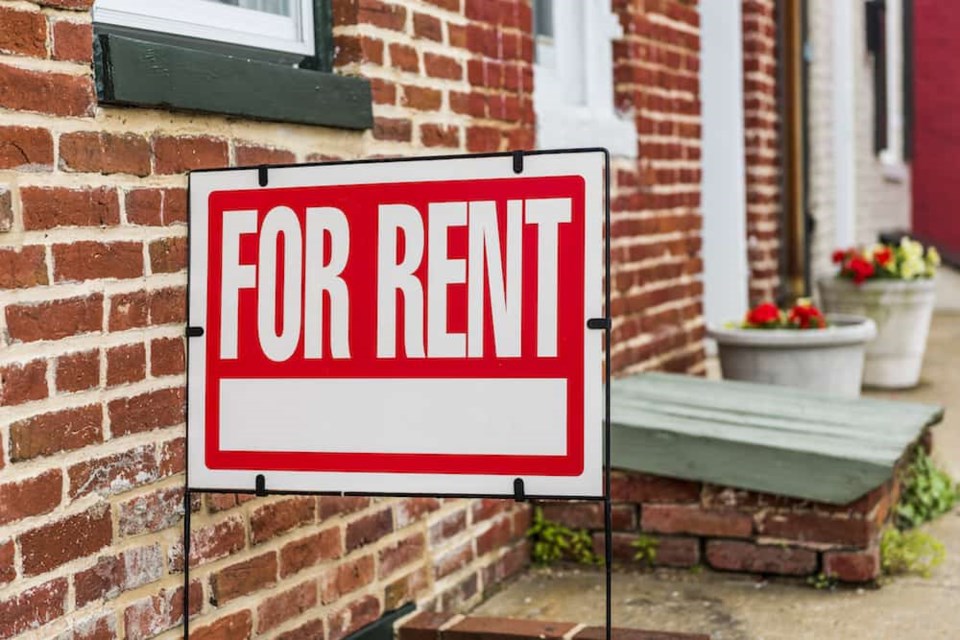A common response I get to my recent blogs about landlords and renters battling it out is people saying that either side can “just” go to the Residential Tenancy Branch to settle things.
Well, it’s not that simple.
According to some Burnaby landlords, even if you win a case, good luck trying to collect that money.
One Burnaby landlord detailed how a tenant from hell managed to rack up five figures worth of damage and even lost an RTB order to cover the costs to repair it.
The tenant moved into the house with “one extra dog” and did $11,000 worth of damage to the rental unit.
“(She) never paid the monetary order issued by the tenancy branch,” the landlord wrote. “I am so tired of the landlord bashing when the truth is we have no recourse if they don’t pay.”
A different landlord who has two suites in Burnaby Heights said one of his units ended up with broken plumbing and smashed windows that the tenant just covered up with cardboard.
“They were stuffing things down the drain that they shouldn’t and it causes thousands of dollars’ worth of damage,” he said. “I proved my case, but the tenant moved to another province and I have no way to track them down other than hire a detective. Why spend more money chasing other money?”
Another landlord wrote to me recently detailing the difficulties that COVID-19 has caused the RTB process, including delays.
“It now takes that long, plus then time to go to Supreme Court and hire a bailiff ($5-10k) to get a tenant evicted,” the landlord wrote. “Meanwhile, tenants can get away with not paying rent and causing all kinds of damage, even harassing and/or threatening landlords in some cases. So all told it’s likely going to cost landlords $10k+ (that is assuming rent owing is $5k or less which is unlikely) plus whatever the damages are.”
One major problem is even collecting damages from a tenant who has wrecked a rental unit.
“I have seen landlords whose homes have been completely destroyed and sure they can get a monetary order to recoup some of the costs but getting the money from these tenants is unlikely as they often leave without leaving a forwarding address and/or they have no income that can be garnished, and even trying to collect beyond sending them a ‘letter of demand’ as per the RTB, if they don’t voluntarily pay, then it can go to collections but this requires going to small claims and another lengthy process. The risk for landlords is at an all-time high.”
These issues mean that some homeowners are getting out of the landlord game because there is a lack of recourse for them when they encounter a bad tenant.
Follow Chris Campbell on Twitter @shinebox44.



